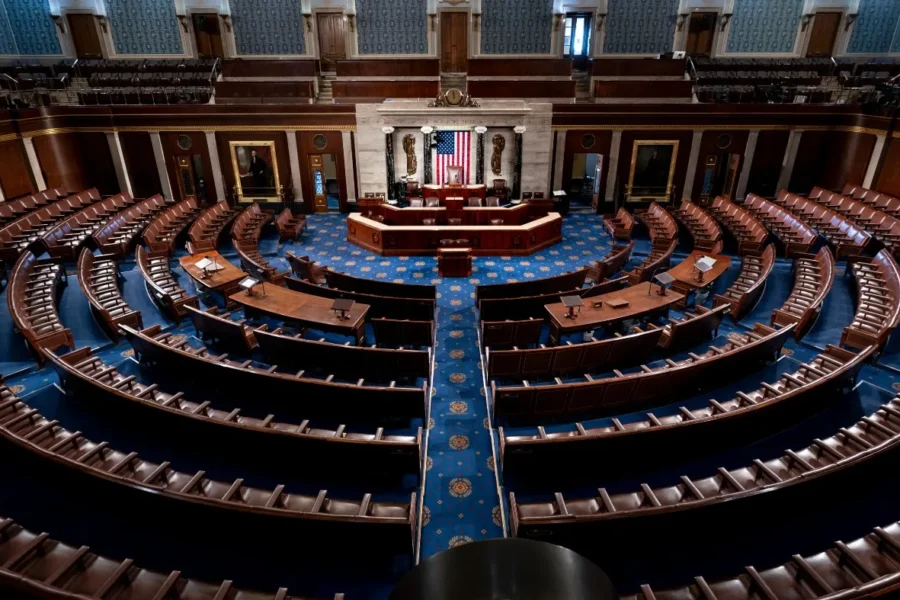Americans United for Life filed a friend-of-the-court brief in the United States Supreme Court in Kerr v. Planned Parenthood South Atlantic, urging the Court to review a Fourth Circuit decision that said South Carolina could not restrict abortion businesses from participating as Medicaid providers. The case has exacerbated a circuit split over whether a Medicaid patient has the legal right to challenge a state’s determination that a medical provider is not “qualified” under the Medicaid Act. Although the case focuses on this legal issue, it has broader implications for abortion funding restrictions and taxpayers’ rights of conscience.
Planned Parenthood’s Primary Focus Is Denying The Right To Life
In July 2018, South Carolina Governor Henry McMaster issued an executive order affirming that “the preservation of life is the ultimate right to be protected and necessarily includes the life of unborn children.” Similarly, “abortion clinics’ primary focus on denying the right to life is contrary to and conflicts with the State’s obligation to protect and preserve that right,” and taxpayer funds for abortion businesses subsidize abortion while denying unborn children the right to life. Accordingly, the Governor directed the state Department of Health and Human Services (“DHHS”) to deem abortion clinics “unqualified” as Medicaid providers of family planning services. Planned Parenthood and a patient sued the DHHS Secretary, and after vigorous litigation, a federal court permanently blocked the executive order. A Fourth Circuit panel affirmed, and the case has returned to the Supreme Court.
Taxpayers Should Have Conscience Protection
“This case brings to the Supreme Court serious questions pertaining to the right to Life such as conscience protections for taxpayers and the human dignity of unborn children,” explains Steven H. Aden, AUL Chief Legal Officer and General Counsel. “Supreme Court case law strongly suggests that the Medicaid Act’s ‘any-qualified-provider provision’ does not give patients the legal right to reinstate a disqualified provider such as Planned Parenthood in the Medicaid program. Yet the federal courts of appeals have split over their interpretation of the Medicaid Act, subjecting states to different requirements under the same Act of Congress and leaving the critical question of state authority to de-fund Planned Parenthood in limbo.”
Planned Parenthood’s 2020 tax filing shows that the abortion giant received $273,795,082 in contributions and grants for patient services, including funding from federal programs such as Medicaid.




